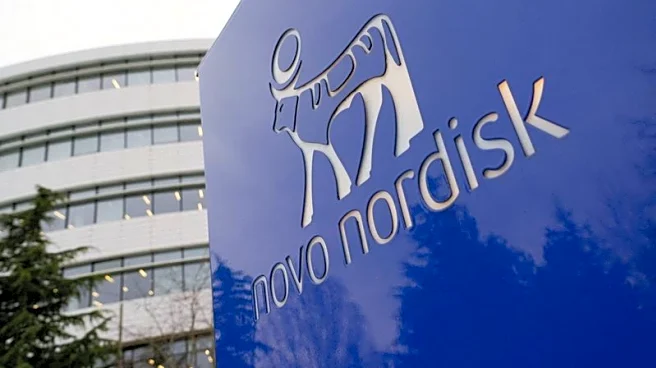What's Happening?
Progressive Insurance is set to return $950 million in excess profits to its Florida auto policyholders, primarily through credits on policy renewals. This action follows Florida's profit-regurgitation laws, which mandate refunds for excessive underwriting
profits over a three-year period. The law specifies that refunds are only applicable to policyholders with active policies as of December 31, 2025. The average refund is expected to be around $300 per policyholder. The refunds will be issued as credits on 2026 policy renewals, or as cash refunds if a policy is canceled or terminated. The Florida insurance commissioner and Governor Ron DeSantis have highlighted these refunds as evidence of successful legislative reforms aimed at reducing litigation burdens on insurers.
Why It's Important?
This development is significant as it reflects the impact of recent legislative reforms in Florida aimed at stabilizing the insurance market. By mandating the return of excess profits, the state ensures that policyholders benefit directly from the financial health of insurers. This move could set a precedent for other states considering similar measures to protect consumers and maintain fair insurance practices. For Progressive, this action helps maintain compliance with state laws and potentially enhances customer loyalty by returning value to policyholders. The broader insurance industry may view this as a model for balancing profitability with consumer protection.
What's Next?
As the refund process unfolds, Progressive will need to manage the logistics of issuing credits and refunds efficiently. Policyholders will likely monitor the process closely to ensure they receive the appropriate credits or refunds. The Florida insurance market may see increased scrutiny from regulators and consumer advocates to ensure compliance with the profit-regurgitation laws. Other insurers operating in Florida might also review their financial practices to avoid similar excess profit situations. The outcome of this process could influence future legislative actions and reforms in the insurance sector.
















